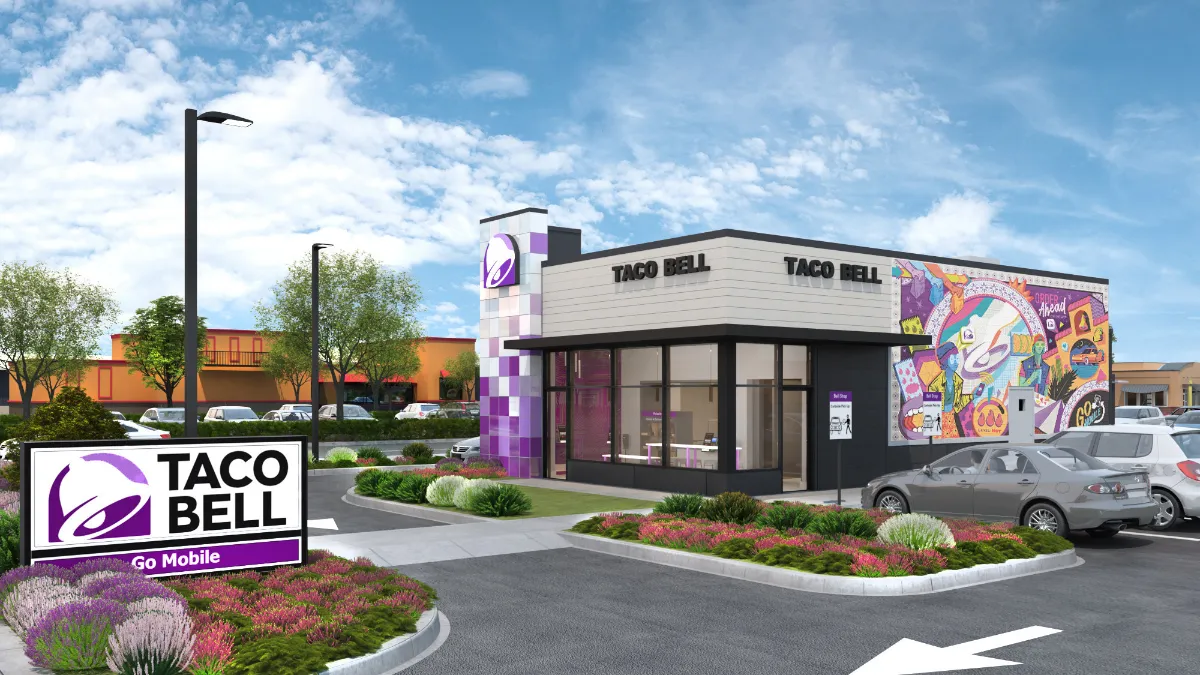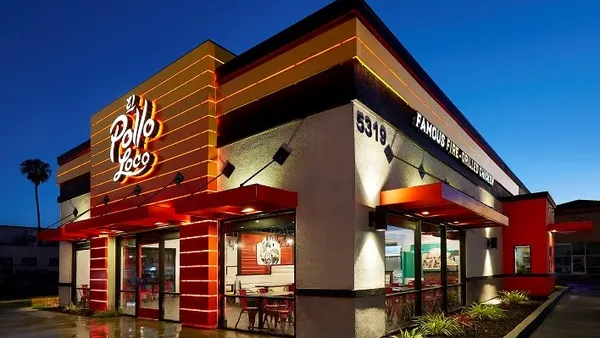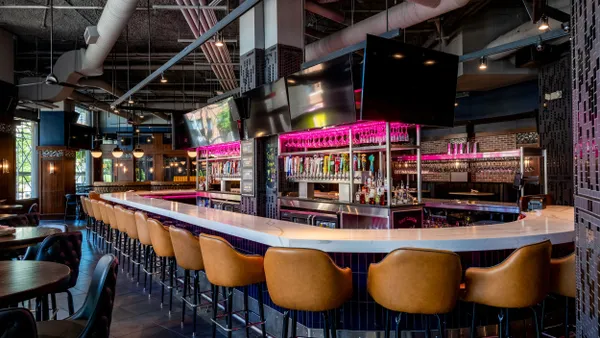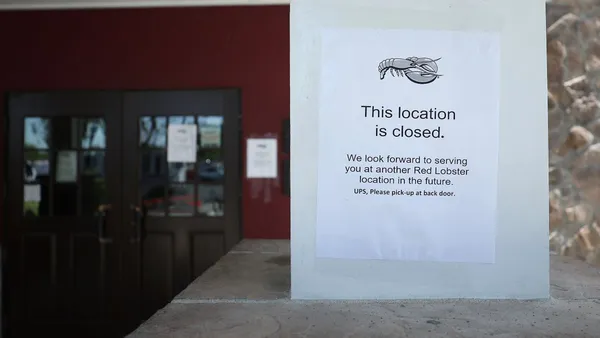Dive Brief:
- Orangewood Partners, a New York-based private investment firm, is acquiring Taco Bell franchisee Pacific Bells, which operates over 250 restaurants in nine states. Pacific Bells is one of the largest Taco Bell franchisees in the U.S., according to a press release. The deal is expected to close in Q4 2021.
- Under Orangewood Partners, Pacific Bells plans to continue expanding in existing markets and acquiring new locations in both current and new markets.
- The deal comes as M&A activity spikes across the restaurant industry, indicating pent-up investment demand after the pandemic lull and low interest rates. Such consolidation provides efficiencies and shared resource benefits, which have become especially critical in a prolonged crisis environment.
Dive Insight:
Much of the recent deal-making in the restaurant space has included quick-service franchisees like Pacific Bells. Many of these operators performed strongly during the pandemic and have become well-capitalized as a result, making them attractive acquisition targets.
This latest deal isn't Orangewood's first purchase of a Taco Bell franchisee. The investor, which manages more than $700 million of assets and works with companies across multiple verticals, bought 24 Taco Bell units in 2018 through its ABTB arm and purchased eight additional restaurants in the Louisville market in 2019. The addition of Pacific Bells to its portfolio indicates an additional vote of confidence in the Taco Bell brand from Orangewood.
There is plenty of reason for optimism. Taco Bell's Q3 system sales were up 8%, driven by 4% unit growth and 5% same-store sales growth. The company's business is driven by digital sales and it has opened more Go Mobile locations to accelerate those sales. More of these dual drive-thru models are in the development pipeline, according to parent company Yum Brands' Q3 earnings call.
Yum CEO David Gibbs also said Yum's franchise partners are experiencing record profits at the unit level and noted franchisees have remained somewhat insulated from current labor and commodity pressures hindering the industry.
"While our franchisees are not immune to these market pressures, we believe the power of our scale and the larger average size of our franchisees relative to those of our QSR peers enables our system to manage the inflationary environment better than most," he said during the Oct. 28 call.
M&A activity among restaurant franchisees has been ramping up outside of the fast food segment, as well. Sun Holdings, for example, recently acquired the second largest Applebee's franchisee in the U.S., while ABP Corporation sold Au Bon Pain in June to Yum franchisee Ampex Brands.














